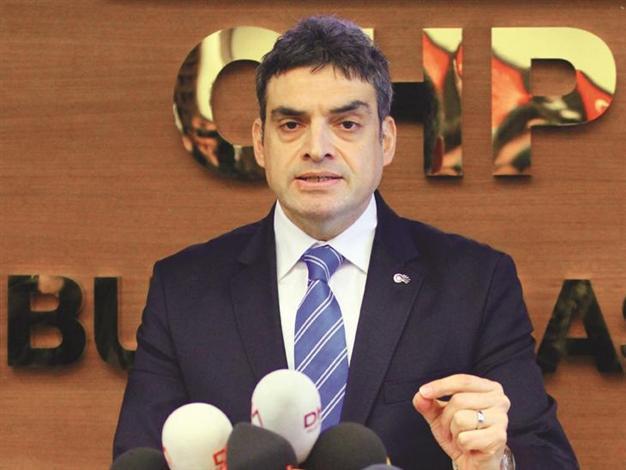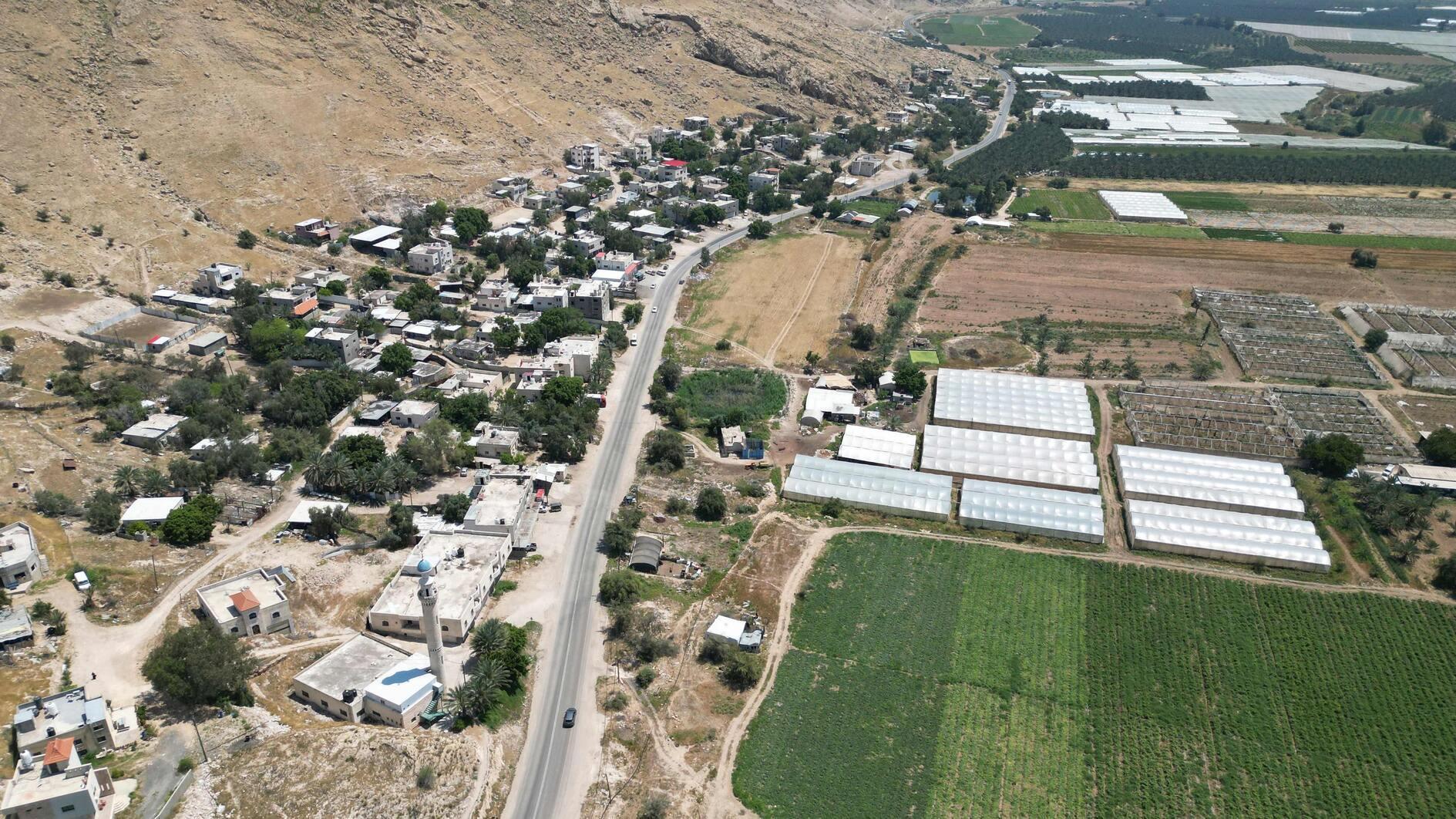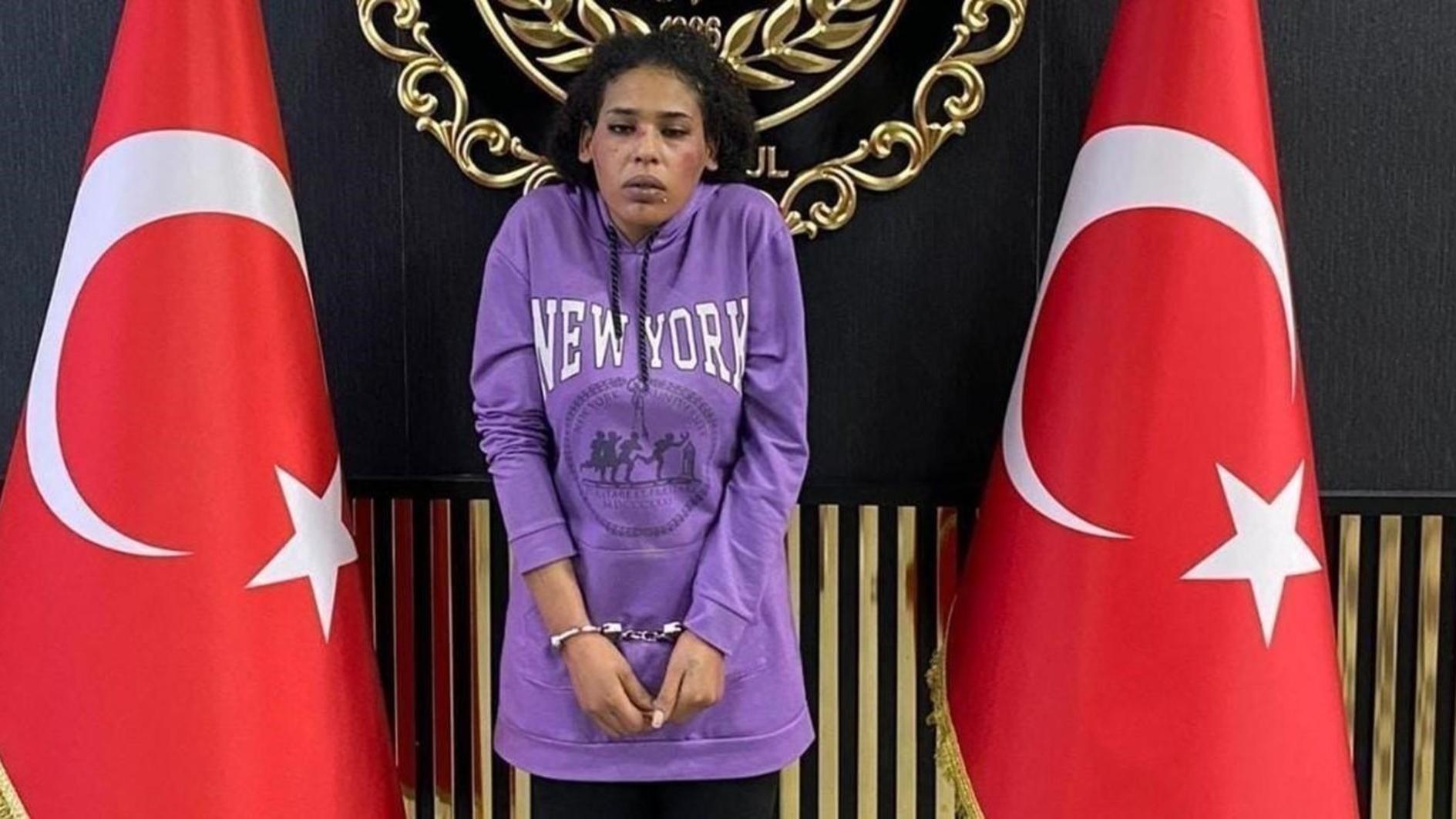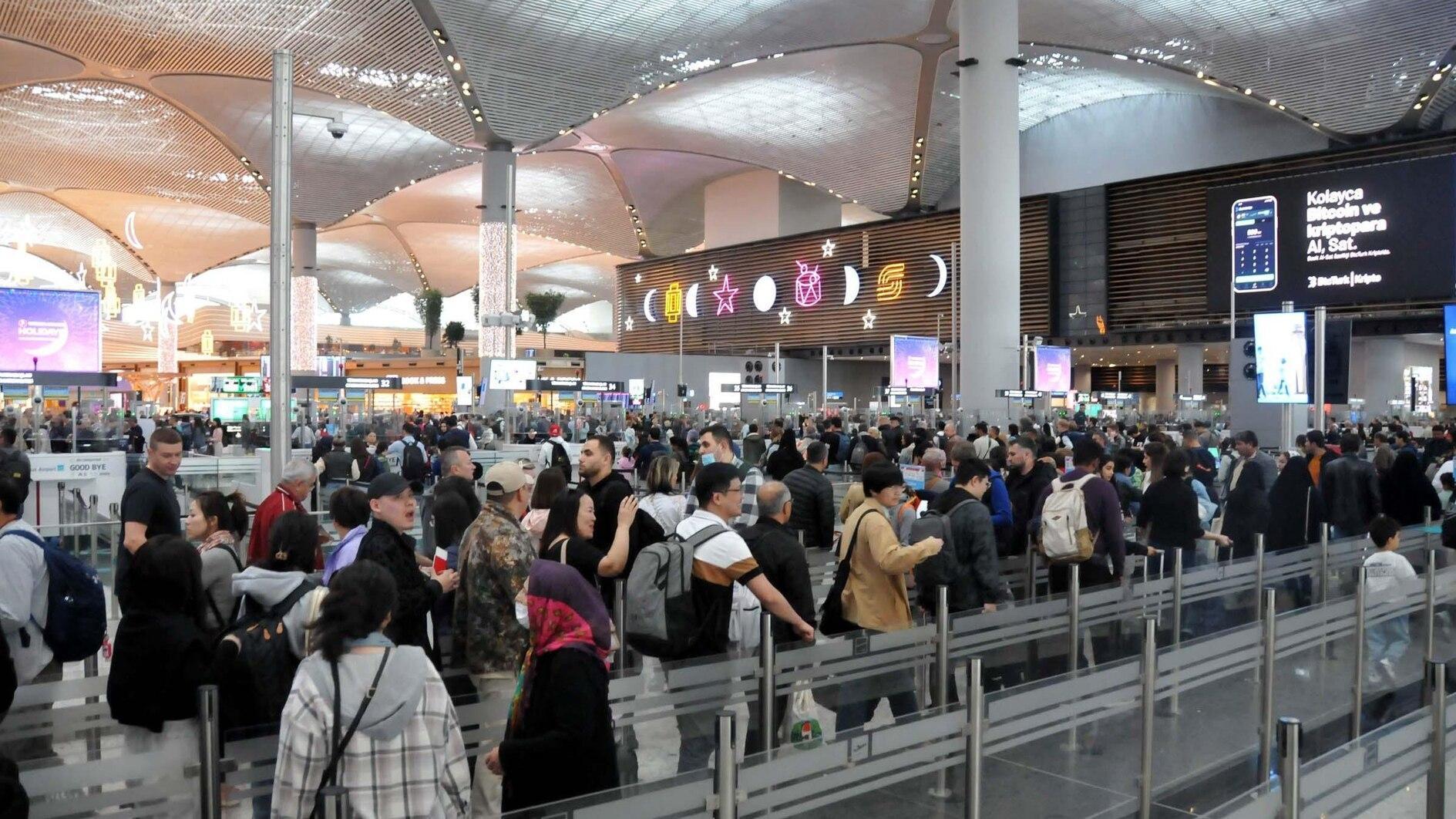Internet bill to intensify censorship, opposition CHP warns
ANKARA

CHP’s Umut Oran criticized the new Internet law earlier this week.
The main opposition Republican People’s Party (CHP) has expressed the potentially grave impacts of a draconian government-led bill on the Internet, maintaining that it will eventually serve as a step further in intensifying censorship, which is already imposed arbitrarily by the government.The General Assembly was on Feb. 5 set to resume debates on the omnibus bill, which includes controversial arrangements concerning the protection of private life on the Internet, such as granting the president of the Directorate of Telecommunication (TİB) the authority to make decisions on his own initiative to block access to related broadcasting in the event of appeals concerning violation of the right private life.
The CHP report stressed that an Internet filter was already operated by the TİB and claimed that this filter was already misused in order to block information before it reaches citizens, in line with criteria set by the ruling Justice and Development Party (AKP) government.
“A central system that controls all content is being imposed on service providers. This system gives the government the opportunity for all kinds of arbitrary blocking, censorship, wiretapping, surveillance and blacklisting,” the report said, noting that such an anti-democratic situation would only be strengthened if the new bill was adopted.
Key in protests
“The AKP wants to block the free use of the Internet in order to intimidate the societal opposition that developed on social media with the Gezi movement … In violation of the principle of transparency, these criterions are not shared with users,” it added.
The CHP’s detailed review of the draft bill also includes figures concerning social media users in Turkey and how social media played a key role during the Gezi Park protests, which in turn had a triggering effect in raising the number of social media users in the country.
During the early days of the Gezi unrest, which kicked off on May 31 and extended through the summer, Prime Minister Recep Tayyip Erdoğan described Twitter as a “menace to society.” Twitter was widely used by Gezi protesters to inform each other about points where police were located and also to organize gatherings.
“If the bill is adopted, existing arbitrary censorship practices in this field will be intensified,” the CHP’s report said.
It added that there were 40 million Internet users in Turkey, three-quarters of whom use social media applications. Around a third of all Internet users have Twitter accounts.
During the Gezi protests, the number of active Twitter users rose from two million to 10 million. This figure is currently over 12 million. Facebook users, meanwhile, number over 32 million.
















